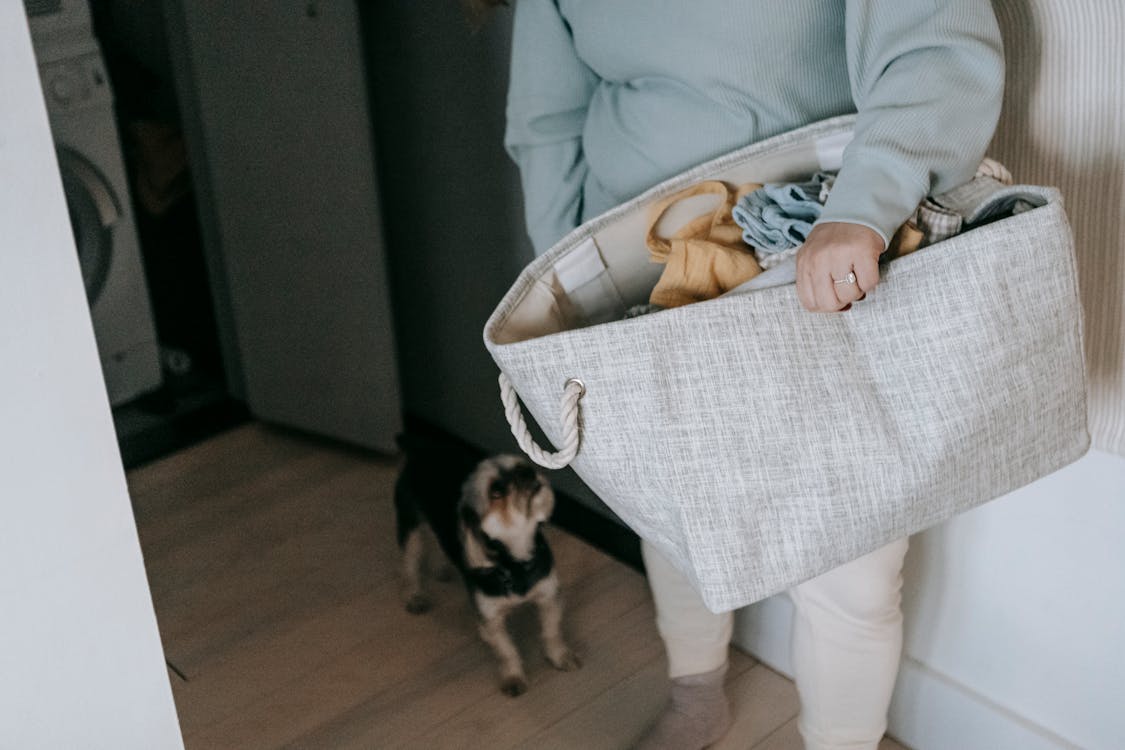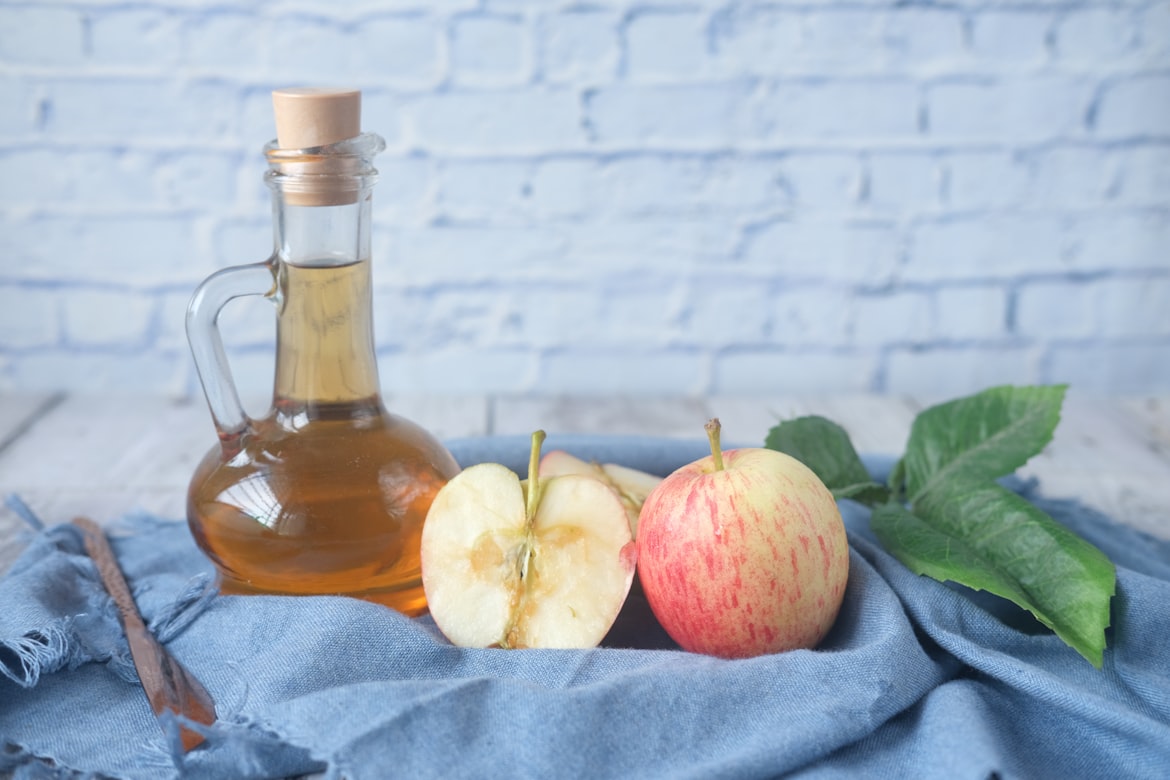There's nothing better than wrapping yourself in a fluffy white towel after a long shower or bath. There's nothing better than wrapping yourself in a fluffy white towel after a long shower or bath. It's a great way to relax and unwind, and the soft, fluffy texture of the towel will leave your skin feeling moisturized, smooth, and refreshed. Towels are also an excellent way to dry off after getting wet—whether you're stepping out of the shower or exiting the ocean after swimming.

Unfortunately, there are a few things that can make your towels less than ideal. Here are some of the most common reasons why towels become dingy:
- The washing machine isn't set at the right temperature
- You don't use enough recommended detergent for your load size (this is especially important with front-load machines)
- You wash your towels too often in hot water instead of cold or warm water
If your towels have started to feel rough and scratchy, they may also be discolored due to sun damage. This happens when the dyes used on certain fabrics fade in direct sunlight over time. To prevent this problem, keep all of your linens away from direct sunlight whenever possible when not in use—in closets and cabinets if possible—and avoid leaving them out for extended periods of time when it's sunny outside. In addition to fading and becoming rough, dingy linens can also begin to smell bad after prolonged periods without any laundering at all; this is often caused by mold growth inside damp sheets or blankets that haven’t been washed recently enough (or ever). Make sure you're washing everything regularly so no one has reason to complain about these unpleasant odors!

Things like tests and towels becoming rough, dingy and scratchy instead of soft and fluffy.
- There are a number of reasons why your towels might have become rough, dingy and scratchy instead of soft and fluffy. For instance, if you're not washing your towels properly, they can become dingy or gray with time. Also, if you're using cheap detergent that doesn't work well for towels and other laundry items, this can cause them to feel rough as well—especially in areas where there's a lot of dirt being collected from your body during use (such as under arms).
- The best way to check whether the texture of your towels has changed because they are either molding or because they were washed improperly is by performing an easy test: place some baking soda and vinegar on the towel together with warm water in a bowl (1 tsp baking soda and 1 tbsp vinegar per cup). Then let sit for at least five minutes before rinsing thoroughly again in cold water until all traces have been removed. If there is still evidence left behind after washing twice more without any soap products added into each load then it may be time consider buying new ones altogether."
Not to mention the stinky smell caused by mildew that often occurs when towels are not dried properly. Mold is a fungus that can grow in your towels if they are not dried properly. Mold needs moisture to grow and thrive, so when you take your towel out of the dryer and it's still damp, mold will begin its growth cycle. If you don't want to experience the stinky smell caused by mildew on your towels, make sure you're drying them completely before storing or hanging them up to air-dry. You'll also want to avoid letting them sit in wet places like bathtubs because this increases the likelihood that mold will develop on them.

Many people have allergies or sensitivities when it comes to mold spores in their home environment, which can cause headaches and nausea among other symptoms like fatigue or a runny nose (some people may even develop asthma). This is why it's important for everyone living in close proximity with one another (such as family members) should be aware of how they're caring for their laundry!
But there is good news!

But there is good news! You can use vinegar as a substitute for fabric softener, bleach and more. Vinegar is cheap and easy to find, so you won't have to worry about breaking out your laundry room equipment to make it happen. Vinegar is also safe for all types of fabrics, so you don't need to worry about discoloring or bleaching out your towels or clothes. And the best part? It works just as well as commercial softeners do—without any chemicals!
To add vinegar to your wash cycle:
- Measure out one cup of white distilled vinegar into each load of laundry that needs it (you can increase or decrease this amount based on how greasy the clothes are).
- Add detergent last after adding all other ingredients (such as soap or powder).
There is one simple thing you can do to help prevent mold, keep towels thick and smelling fresh — add vinegar while washing them.

If you want to extend the life of your towels, there is one simple thing you can do to help prevent mold, keep towels thick and smelling fresh — add vinegar while washing them.
Vinegar is cheap and readily available. It’s an effective way to prevent mold, mildew, and even bacteria from forming on your clothes (and thus reducing the need for detergent). Vinegar also helps keep towels fluffy and smelling fresh by keeping down lint buildup.
If you want your clothes to stay dark but not become dingy over time due to sun exposure or stains caused by dirt or makeup products, then it's a good idea to use cold water when washing them at home instead of hot water! Hotter temperatures cause dyes within these fabrics to fade much faster than lower ones do. That's why many manufacturers recommend using cold water only when washing colored clothing items like denim jeans which might otherwise fade if washed with warm temperatures instead."

Vinegar has a natural acidity that helps to kill mold spores and remove the mildew odor at the same time. It can also help keep your towels smelling fresh, darkening them up as it removes stains left by hard water deposits. Vinegar is an easy way to keep your towels clean without using harsh chemicals or detergents with strong scents which may irritate sensitive skin types.
- Vinegar is cheap to buy and easy to use--just mix one part vinegar with three parts water (soap is optional) in a spray bottle or bucket of warm water; then soak towels for at least 15 minutes before washing them in hot soapy water.*
It will also help your towels to retain their color, which means they will not fade as quickly in the wash. Vinegar is a natural fabric softener. It will keep your towels looking new for longer, and prevent them from getting dingy and rough.
If you want to make sure that the vinegar in your wash doesn't ruin any of your other clothing or household items, add it to the very end of the cycle.
Vinegar can also be used in place of lemon juice or vinegar as a natural fabric softener. This can help keep your towels fluffy and smelling fresh!
The best part about this method is that vinegar is cheap and can be used on all types of fabrics. In fact, it's safe for humans and the environment! It's also a natural disinfectant, so if you have kids or pets who are prone to accidents (like me), this is a great tip for keeping your towels clean. Vinegar will help remove stains from those little accidents too.
Vinegar is a natural disinfectant and deodorizer, so it’s perfectly safe to use on your towels. If you can get past the smell—and I know it might be hard to at first!—you will notice your towels feeling softer after washing them with vinegar. It’s a great way to save money on laundry detergent as well, since you won’t need to use as much if you are using vinegar instead of detergent.
Vinegar is an inexpensive product that can be found in most grocery stores and is great for cleaning your towels. In addition, it will help prevent mold growth and keep them smelling fresh!

